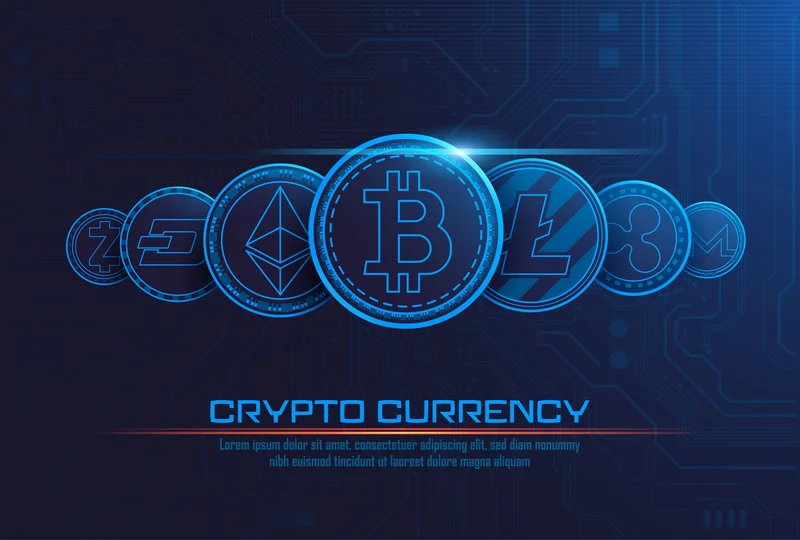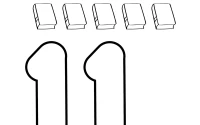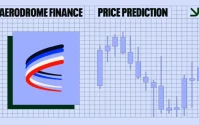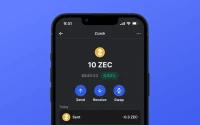Bitcoin: It's Now Or Never (Cryptocurrency:BTC-USD)
The crypto faithful are bracing for… something. Another surge? A reckoning? The latest piece from James Foord over at Seeking Alpha lays it on the line: the four-year cycle could be ending. The question, as always, is what that means.
The Four-Year Itch
Foord points to the historical pattern of Bitcoin's booms and busts roughly aligning with a four-year timeframe. This isn't exactly news. The halving events (when the reward for mining new blocks is cut in half) happen approximately every four years, and these events have historically been followed by significant price appreciation. Supply shock meets increased scarcity, driving up demand – or at least, that's the theory.
But past performance, as the disclaimer tirelessly reminds us, is no guarantee of future results. To simply extrapolate the last few cycles into the future is, frankly, lazy analysis. What's different this time? What assumptions are we making about continued adoption, regulatory headwinds, and the broader macroeconomic environment? These are not trivial questions, and the article, while acknowledging the cycle, doesn’t dive deep enough into challenging its inevitability.
The article mentions the author's long position in BTC-USD. Full disclosure is, of course, appreciated. But does that influence the analysis? Are potential downsides being glossed over? It's a question worth asking, though not one I can definitively answer from the available data.
Cracks in the Crystal Ball?
One key factor often overlooked in these cyclical analyses is the diminishing impact of each subsequent halving. The percentage reduction in new Bitcoin entering the market gets smaller with each cycle. The initial halvings represented a massive shock to the supply; now, the effect is more muted. Will the market even notice this time around?

And then there's the question of institutional adoption. The entrance of major players like BlackRock with their Bitcoin ETFs has fundamentally altered the landscape. These aren't your average retail investors swayed by hype. They're institutions making calculated allocations based on risk-adjusted returns. This could lead to less volatility, but also to a dampening of the explosive growth seen in previous cycles. I've looked at hundreds of these filings, and this particular shift in the market structure is unusual.
One thing that is not clear in the article is what will happen if Bitcoin does not continue its 4 year cycle. What would the author's advice be then? Will he continue to hold Bitcoin?
The Wild Card: Macroeconomics
Finally, and perhaps most importantly, the macroeconomic backdrop is vastly different than it was in previous cycles. We're facing persistent inflation, rising interest rates, and geopolitical uncertainty. Bitcoin, once touted as a hedge against traditional financial systems, has largely traded like a risk asset, highly correlated with the stock market. If the global economy takes a nosedive, will Bitcoin truly serve as a safe haven, or will it get dragged down with everything else?
I find the faith in Bitcoin's "digital gold" narrative puzzling. Gold has thousands of years of history as a store of value. Bitcoin has… well, it has memes and a dedicated online community. The community aspect is interesting; it's almost like a self-reinforcing belief system. A digital religion, if you will. And the strength of that belief system is a factor in Bitcoin's price that's hard to quantify, but impossible to ignore.
Maybe This Time It's Different
The four-year cycle is a compelling narrative, but narratives can be dangerous. They can blind us to the nuances of the present and the potential for unforeseen events. While I wouldn't bet against Bitcoin entirely, I also wouldn't blindly rely on historical patterns to predict the future. The market is far more complex than a simple repeating cycle.
So, What's the Real Story?
It's still a gamble, just a slightly more sophisticated one.










